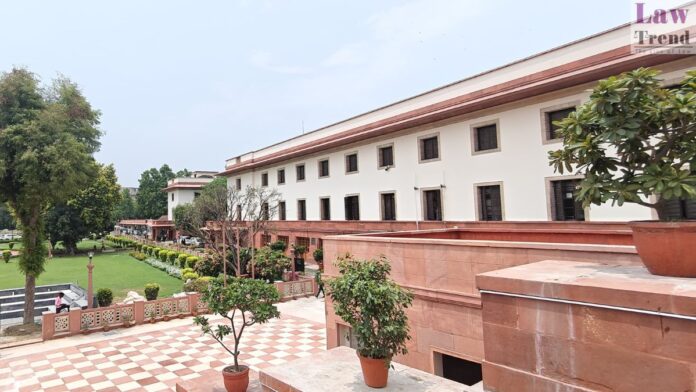In a significant ruling, the Supreme Court has held that individuals who evade the law after issuance of a chargesheet or summons are not entitled to anticipatory bail. The Court emphasized that such conduct obstructs the administration of justice and undermines the integrity of criminal proceedings. The judgement was delivered by the bench of Justice
To Read More Please Subscribe to VIP Membership for Unlimited Access to All the Articles, Download Available Copies of Judgments/Order, Acess to Central/State Bare Acts, Advertisement Free Content, Access to More than 4000 Legal Drafts( Readymade Editable Formats of Suits, Petitions, Writs, Legal Notices, Divorce Petitions, 138 Notices, Bail Applications etc.) in Hindi and English.




